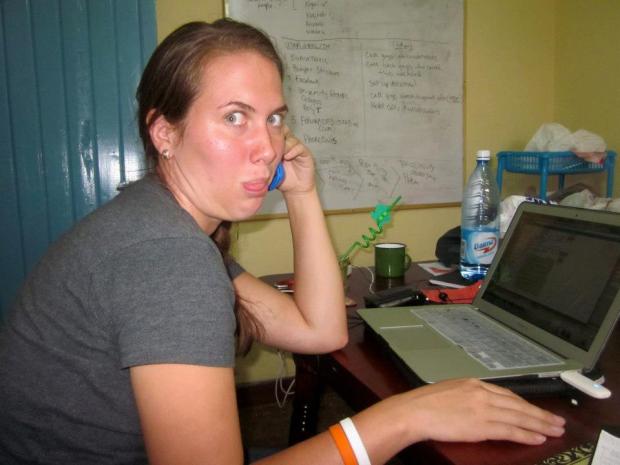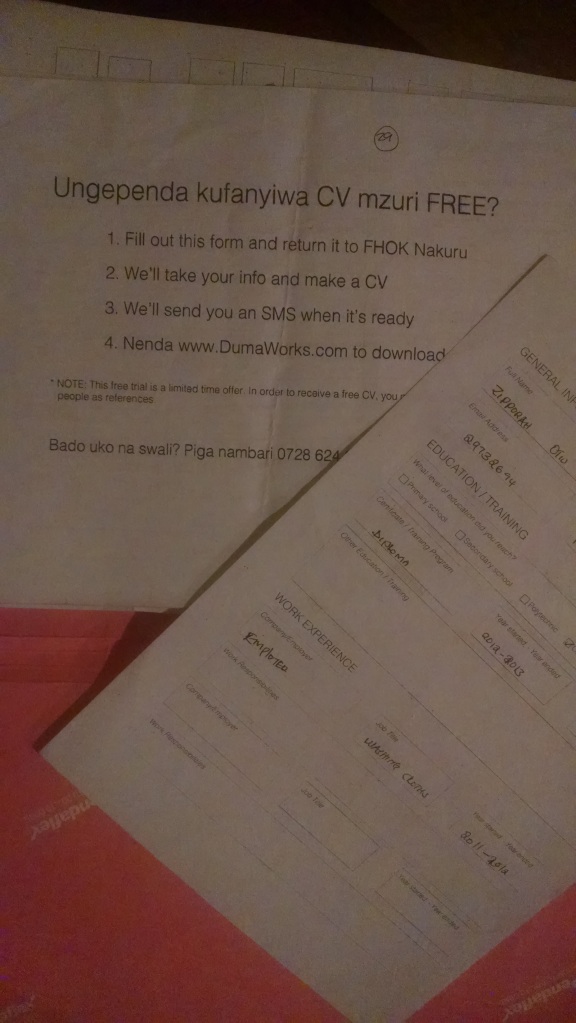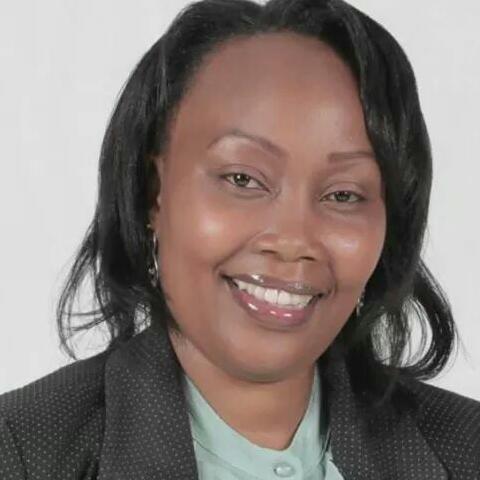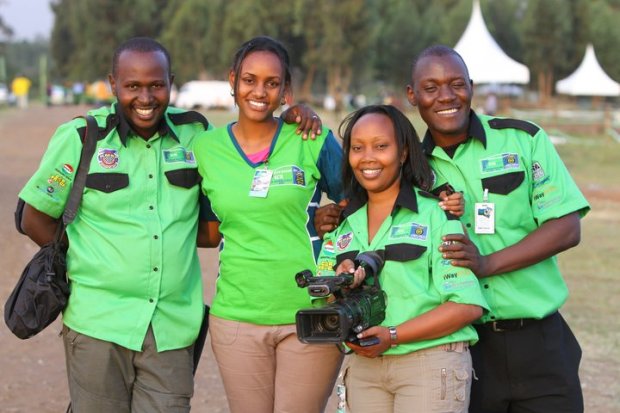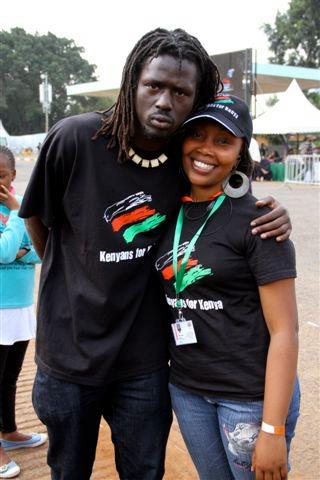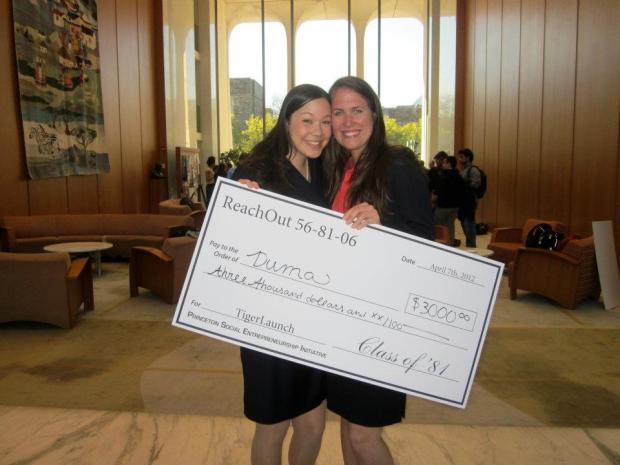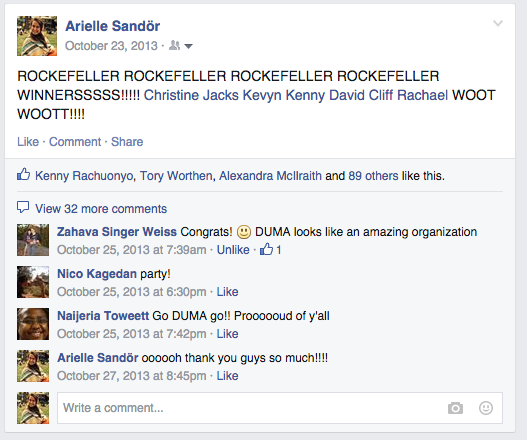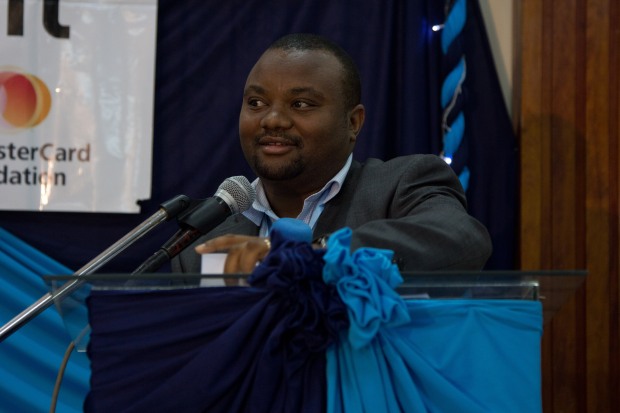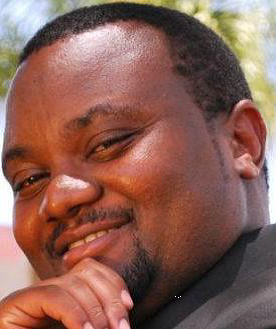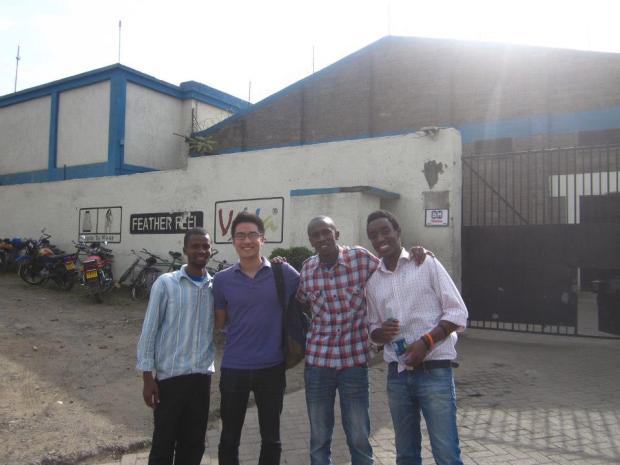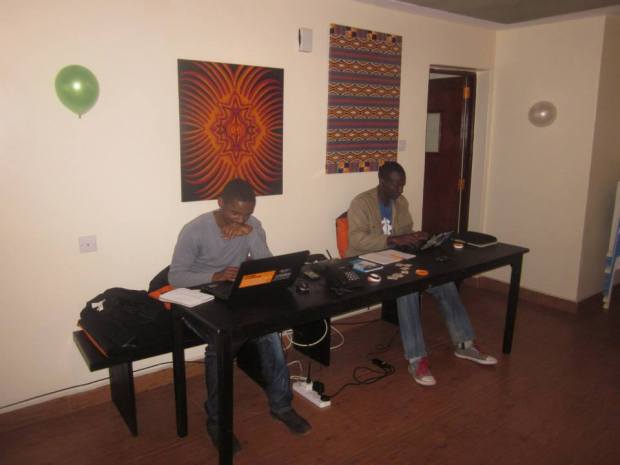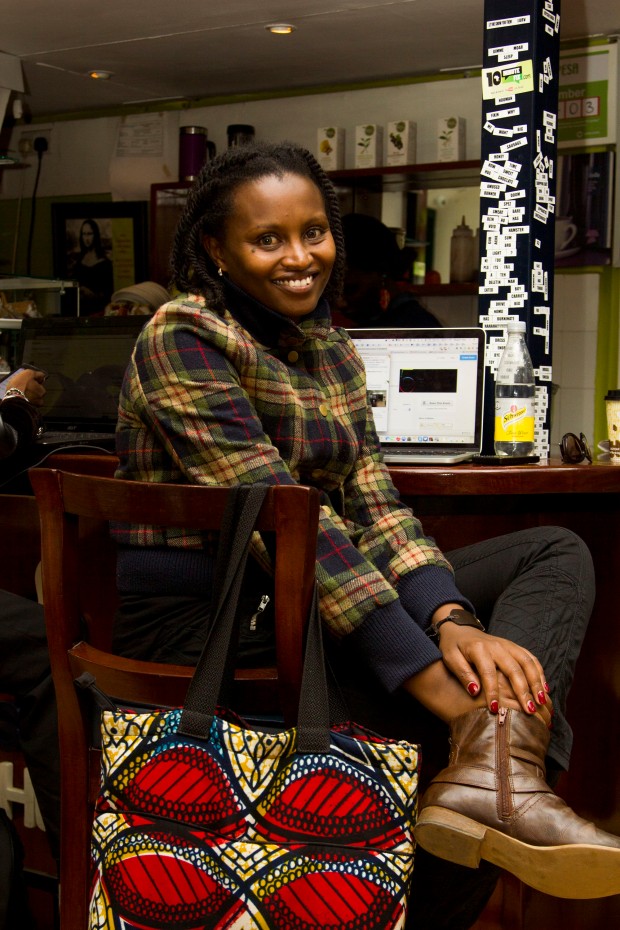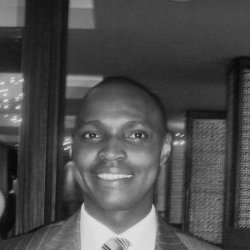
This week for the Duma Works What It Takes series we have interviewed Brian Onyango to give us insights into his career as a software consultant.
Brian Onyango is a Senior HCM (Human Capital Management) Solution Consultant with Oracle. He is based in Nairobi and has a ton of experience in Solution Consulting – so he helps Oracle sell it’s HCM solutions to potential client companies operating in different industries.
The most interesting note from this conversation was the emphasis that Brian put on not just being a “Software expert.” What came up over and over again was his dedication to building relationships with his clients and making sure he tones down the “tech” for everyday English everyone can understand 🙂
TL;DR
- Being a solution consultant means you need to be able to map your proposed solutions to clients’ needs based on the outcome of discovery sessions
- Having business skills is as important if not more important than having IT skills
- Be curious about a specific space in technology or business – be it Human Capital Management solutions, Supplies & Procurement solutions, Financial solutions, etc.
So, Brian, tell me more about yourself & your career path.
I’ll give you a brief overview of my academic background and walk through some of the internships and job roles I had before moving into Oracle.
I studied Business & IT at Strathmore University. This was helpful because when dealing with business applications, you can’t just focus on tech, you need to work on you business skills as well.
The go-to-market strategy for technology companies has been on-premise software for a long time. Now, there has been a change of approach to a more cloud-based model. Before, companies needed on-premise solutions to be installed and maintained in their data centers. This approach comes with a large capital expense and dedicated IT team in-house to maintain their investment. But not anymore.
I worked with the likes of Safaricom and KenGen in their internal IT departments to configure and customize enterprise software solutions.
Then, I decided that I was really interested in the Human Capital Management space. I started by getting certified as an SAP HCM Application Consultant – that covers recruiting, performance management, personnel administration, organizational management, training and events, payroll, etc. So I had to learn more about these modules in order to be able to work with internal clients at KenGen and deliver according to their requirements.
Once I had gained implementation experience with HCM software, Oracle got in touch and offered me a role as a Solution Consultant. I currently work as a member of the ECEMEA SaaS Competency Centre that operates across East, Central Europe, Middle East and Africa.
It is really important to fully understand the requirements a person within the HR department at a company would have. It maybe even be a good idea to work on the client-side first, before moving to a vendor environment. Meaning – first work at a company that would be having the HR software sold to it, before working for the guys selling the software. Working at the company that will use the software helps you understand requirements of big organizations eg. Safaricom or KenGen as well as those operating as SMEs.
What are your major day to day activities?
I get engaged in discovery sessions with prospective clients. I sit with their functional heads and technical teams to understand their current working environment – are they using manual systems and software or just manual systems? etc. This way I get an understanding of the best solution to position. There are times when customers may request a Proof of Concept – to verify that some concept or theory has the potential of being used.
I do assist with the completion of Requests for Proposals (RFPs). This is where companies have requested for software vendors to respond to their requirements with solutions that will best support their business processes and decision making. This is usually followed up with a solution demonstration to the prospect.
I also work with Marketing and Sales on demand generation activities and events.
What is a skill you can’t live without?
You definitely need to be a team player. This is because when you are talking about working at any organization, there are different functional teams that need to work together.
Furthermore, our solutions will interact across various departments in our clients’ organizations, and also with our clients’ customers. You need to be able to work together with all these guys to find relevant solutions that provide value.
You need analytical skills because when pitching to a prospective client, you need to show how to map their business processes onto our solutions.
I would also say that if you can build on your technical skills, that will help you. Because, in some situations you need to be familiar with the technological aspect as well. So essentially, you are working in tech, but having business in mind.
What are your biggest challenges with Solutions Consulting?
It is a field that keeps on changing. Especially with the shift from on-premise software to cloud-based solutions.
You definitely need to be someone who can quickly adapt and pick up on things fairly quickly. Especially in terms of innovation. You need to continuously research on your own, outside of the regular training you would get from the company. You need to always read up on trends in the tech industry and in the business area you are interested in. Eg. I am always reading up on HR best practices, and new solutions coming to market. This way, I am able to operate as a trusted advisor, instead of just knowing a lot about “tech.”
Were there any skills you had to learn on the job?
Before, I was not really in the HR space – I didn’t have a background in HR. That was one area I really had to read on and pick up. I was familiar with IT-related stuff, but not particularly in the HR space. I have had to skill up on understanding HR technologies and Industry Offerings.
What tech tools do you use on the job?
I participate in a lot of webcast sessions as most of the members of our team are based in Europe and across Africa.
Oh and lots of emails, haha..
Let’s see – I also use Visio to map out processes and flows, and Powerpoint presentations. For example, when we kick off a session or a meeting with a prospective client, I will always use Powerpoint to bring out findings of the discovery session before delving into Oracle’s solutions.
Reflector and AirPlay are also cool ways of projecting your presentations and demonstrations from mobile devices.
What experience best prepared you for this role?
Well, my course was technical but had business units, you need to be able to speak business language instead of just technical language. If you go too much into “tech” there is a high chance that you could end up losing your audience along the conversation. So my Business-IT course helped me learn how to balance that as well as working closely with my customers, both internal and external.
How has this job improved your professional skills set?
My current job takes a different approach from previous roles that I held. I would deliver solutions to internal stakeholders, mainly the HR department at KenGen. Now it is more client-facing, you need to be confident in front of people – they need to view you as a trusted advisor and that what you are proposing will help them execute their organizational strategy. They should know if they have challenges, they should come to you.
What is your next logical career step?
At Oracle there is a lot of room with regard to career development. You need to have passion in whatever it is you are doing. For the next two to three years I want to progress along the independent contributor track and then see what next.
What advice do you have for job seekers?
Be very open minded and willing to learn. Get out of your comfort zone and innovate on new ways of solving business challenges, also learn about a specific industry and the trends within it.
Technology needs to find its value within the business, so do lots of reading on your own, join forums, go to conferences dealing with the subject matter of your interest.
Through this research and engagement, you get a perspective of what to expect in this type of role. Because once you’re in the role, you are expected to deliver.
Oh, and have a curiosity to know what what is going on – current affairs! You always need to be on top of your game.
Thank you so much, Brian! What an insightful interview.
I particularly liked the part where Brian talked about mapping software solutions onto current client needs or challenges. Oracle is definitely not a startup, but I think a lot of people working in the startup scene can learn a thing or two from that principle.
For all those thinking about jobs at the likes of Oracle, SAP, or IBM, this article is a great place to start learning about what people will expect from you when you get to work.
What should you do now?
- Tell me about your professional skills on dumaworks.com so if there is a job opening in your field, I can let you know!
- Give your feedback on this interview through the comments section below.
- Share this interview with your friends! Knowledge is power, and sharing this will make you look smart 😉
- Let me know in the comments section if there is a particular job sector you would like to learn more about so I plan an interview about that topic.
Have a great week! 🙂
